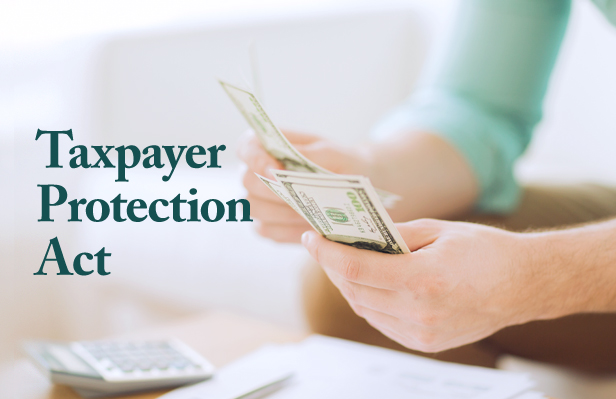Media

The Taxpayer Protection Act Is Commonsense
For over a decade, various lawmakers have introduced Taxpayer Protection Act (TPA) legislation to get a handle on Pennsylvania’s out of control budget. This overspending hurts our economy, drives away workers, and burdens taxpayers.
This week the General Assembly will add one more supporter of the TPA, David Rowe. The first thing he intends to do as the 85th District's newest Representative is to sign on as a supporter of the TPA.
The TPA is currently embodied in House Bill 1316 and Senate Bill 116. Both of these limit the state’s General Fund growth to the rate of population increase plus inflation and would make Pennsylvania join the majority of states across the political spectrum that have enacted some form of a Tax and Expenditure Limit (TEL). Controlling spending is a bipartisan issue.
No one can predict future revenues or economic crises; a responsible government needs to control spending to prepare for crises. An area where Pennsylvania has historically failed as shown by the continuous draining of the Rainy-Day fund. Without reserve funding the only option to low revenues is tax hikes, which has been attempted 11 times over the last 4 years.
Chart: Pennsylvania's Rainy Day Fund Balance
If the TPA had been enacted back in 2010, the General Fund spending growth would have been 18% instead of 36%. This would have added up to over $4 billion in accumulated taxpayer savings.
Chart: Growth Rate Under TPA
The TPA means responsible budgeting and that translates into more money for taxpayers, more money in reserves, and the ability to avoid tax hikes in times of economic stress. In other words, the TPA lays the groundwork for a more prosperous future.